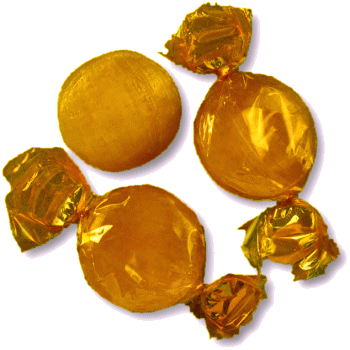




WELCOME TO AN ENTERTAINMENT SITE FOR SCOTTISH COUNTRY DANCERS!
Enjoy this curated selection of theme-related dances for celebrations and holidays, or find a dance associated with a special calendar day, or EVEN your own birthday!
Queen Berthe of Swabia instructing girls to spin flax on spindles using distaffs, Albert Anker, 1888
Jan 7

Distaff Day
The Spinning Wheel
Other Scottish Country Dances for this Day
Today's Musings, History & Folklore
"Partly work and partly play,
Ye must on Saint Distaff's day:
From the plough soon free your team,
Then come home and fodder them."
~ Saint Distaff's day, or the Morrow After Twelfth Day, Robert Herrick (1591-1674)
This lively five-couple reel, danced in the shape of a wheel with four couples around the outside and one couple in the center, will keep everyone spinning from beginning bows to final curtseys!
In many European cultural traditions, Distaff Day marked the end of the Twelve Days of Christmas, when women returned to their household work. The distaff—a stick or spindle used for winding wool or flax—symbolized women’s labor in medieval times, and spinning was a common evening activity for women of all classes. The introduction of the spinning wheel to Europe in the 13th century revolutionized this work, dramatically increasing efficiency compared to the hand spindle. Over time, it became a familiar household fixture, representing industriousness and the rhythms of domestic life.
Meanwhile, men observed Plough Monday, the first Monday after the Twelve Days of Christmas, by returning to work in the fields.
On years when Distaff Day and Plough Monday coincided, the occasion often turned playful, with men and women engaging in light-hearted pranks and mischief. This year, however, Plough Monday doesn’t arrive until next week — so the spinning comes first! But fear not, 2030 marks a year where these days coincide! Start planning your pranks now! 😜 ❤️ 💙 💛 🐑 🧶 🧶 🧶
The Spinning Wheel
Distaff Day, also known as Saint Distaff's Day or Roc's Day, is the day after the feast of the Epiphany.
The distaff, used in spinning, was the medieval symbol of women's work.
In many European cultural traditions, women resumed their household work after the twelve days of Christmas. Women of all classes would spend their evenings spinning on the wheel. During the day, they would carry a drop spindle with them. Spinning was the only means of turning raw wool, cotton or flax into thread, which could then be woven into cloth.
Men had the equivalent Plough Monday when they returned to the fields the first Monday after the twelve days of Christmas.
Every few years, Distaff Day and Plough Monday falls on the same day. Often the men and women would play pranks on each other during this celebration.
Robert Herrick, a 17th-century English lyric poet and cleric chronicled this celebration in his poem:
"Saint Distaffs day, or the Morrow After Twelfth Day"
Partly work and partly play
Ye must on S. Distaff's day:
From the plough soon free your team,
Then come home and fodder them.
If the maids a-spinning go,
Burn the flax and fire the tow;
Scorch their plackets, but beware
That ye singe no maidenhair.
Bring in pails of water, then,
Let the maids bewash the men.
Give S. Distaff all the right,
Then bid Christmas sport good-night;
And next morrow everyone
To his own vocation.
***
The spinning wheel appeared in China, probably in the 11th century, and very gradually replaced hand spinning with spindle and distaff. Spinning machinery, such as the spinning jenny and spinning frame, displaced the spinning wheel during the Industrial Revolution.
Even if you don't have a spinning wheel handy, you can spin some sugar by hand to make sugar threads, either as a decoration for a dessert or for an interesting science project for kids. Click the colorized photo of a woman spinning on her croft in Argyll in 1890.
Click the dance cribs or description below to link to a printable version of the dance!





